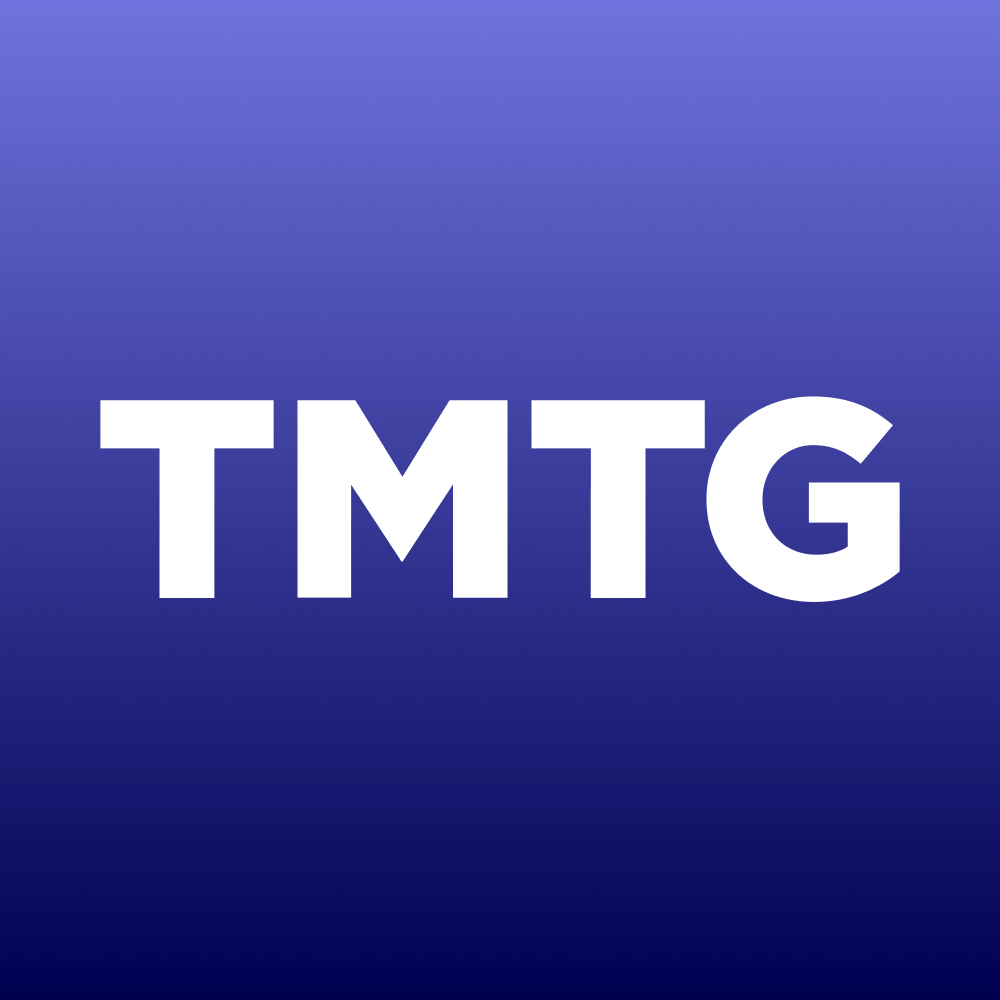Advertisement|Remove ads.
Dismal Diwali for alcobev sector in Telangana as payment crisis deepens; Industry warns of Dec liquor shortages

The International Spirits and Wines Association of India (ISWAI), the Brewers Association of India (BAI) and the Confederation of Indian Alcoholic Beverage Companies (CIABC) issued a joint statement cautioning that the sector is “reeling under tremendous financial crisis” due to worsening dues owed by the Telangana State Beverages Corporation Ltd. (TSBCL), which holds the monopoly on liquor procurement and whole21sale in the state.
Despite buoyant sales and strong excise collections in October 2025, driven by festive demand, the payment situation deteriorated dramatically. Industry associations said supplier payments from the government dropped by almost 50% in October compared to the preceding four-month average.
Outstanding dues breach contracted 45-day pay cycle
The state government is contractually obligated to pay within 45 days of supply — a condition the industry alleges has been repeatedly violated.
As of now, total overdue receivables have surged to ₹3,366.21 crore, including a massive ₹1,959.72 crore pending since May–August 2024, which has remained unpaid for over a year.
Officials from all three industry bodies had met senior state leaders, including the Deputy Chief Minister and Excise Minister, seeking assurance on clearing these long-pending dues. While ₹484.58 crore was released by mid-October — including ₹350 crore linked to the first half of May 2024 — no further disbursement has taken place since, the statement noted, which has been jointly signed by -- Sanjit Padhi, CEO – ISWAI, Anant Iyer, Director-General – CIABC and Vinod Giri, Director-General – BAI.
Festive stocking at risk; demand expected to spike 75%
The renewal of retail liquor licenses, which kicks in from December, typically triggers heavy stocking by newly selected licensees — coinciding this year with key seasonal consumption peaks. The associations estimate that monthly retailer demand in December could rise to 1.75x the normal average.
However, manufacturers warn they will be unable to build stocks without immediate payments, creating a high likelihood of product shortages during Christmas, New Year and other late-year festivities.
“Expect shortage of alcoholic beverages in the peak festive season,” industry associations cautioned.
Plea to use license fee inflows rebuffed?
Industry representatives had urged the government to route part of the ₹3,000+ crore collected as application fees for new liquor licenses toward clearing pending supplier claims. But they now allege “the state government has not displayed any intent” to resolve the mounting financial strain.
The alcobev sector contributes over ₹38,000 crore annually to Telangana’s exchequer — making it one of the largest revenue sources for the state.
Threat to jobs, logistics, and ‘Brand Telangana’
The groupacs warned that if payments are not released by November 10, companies may be forced to curtail supplies, triggering a cascading impact on:
- Manufacturing units
- Bottle and packaging suppliers
- Transportation and logistics firms
- Retail employment
A prolonged stall in supplies could further dent investor confidence and harm the state’s reputation as an industrial destination, they said.
Failure to act, they stressed, would create “a crisis of its own making.”














/filters:format(webp)https://news.stocktwits-cdn.com/large_obesity_resized_jpg_cbb4f6b5e4.webp)
/filters:format(webp)https://st-everywhere-cms-prod.s3.us-east-1.amazonaws.com/unnamed_jpg_9dff551b50.webp)
/filters:format(webp)https://news.stocktwits-cdn.com/large_Rising_chart_jpg_afe9e31de1.webp)
/filters:format(webp)https://news.stocktwits-cdn.com/vivekkrishnanphotography_58_jpg_0e45f66a62.webp)
/filters:format(webp)https://news.stocktwits-cdn.com/large_metsera_resized_jpg_5de33d594f.webp)
/filters:format(webp)https://st-everywhere-cms-prod.s3.us-east-1.amazonaws.com/large_novavax_vaccine_resized_455cef63e9.jpg)
/filters:format(webp)https://st-everywhere-cms-prod.s3.us-east-1.amazonaws.com/large_david_sack_crypto_czar_resized_aca327936a.jpg)
/filters:format(webp)https://st-everywhere-cms-prod.s3.us-east-1.amazonaws.com/Prabhjote_DP_67623a9828.jpg)
/filters:format(webp)https://news.stocktwits-cdn.com/Getty_Images_2244297865_jpg_34f8b38611.webp)
/filters:format(webp)https://news.stocktwits-cdn.com/shivani_photo_jpg_dd6e01afa4.webp)